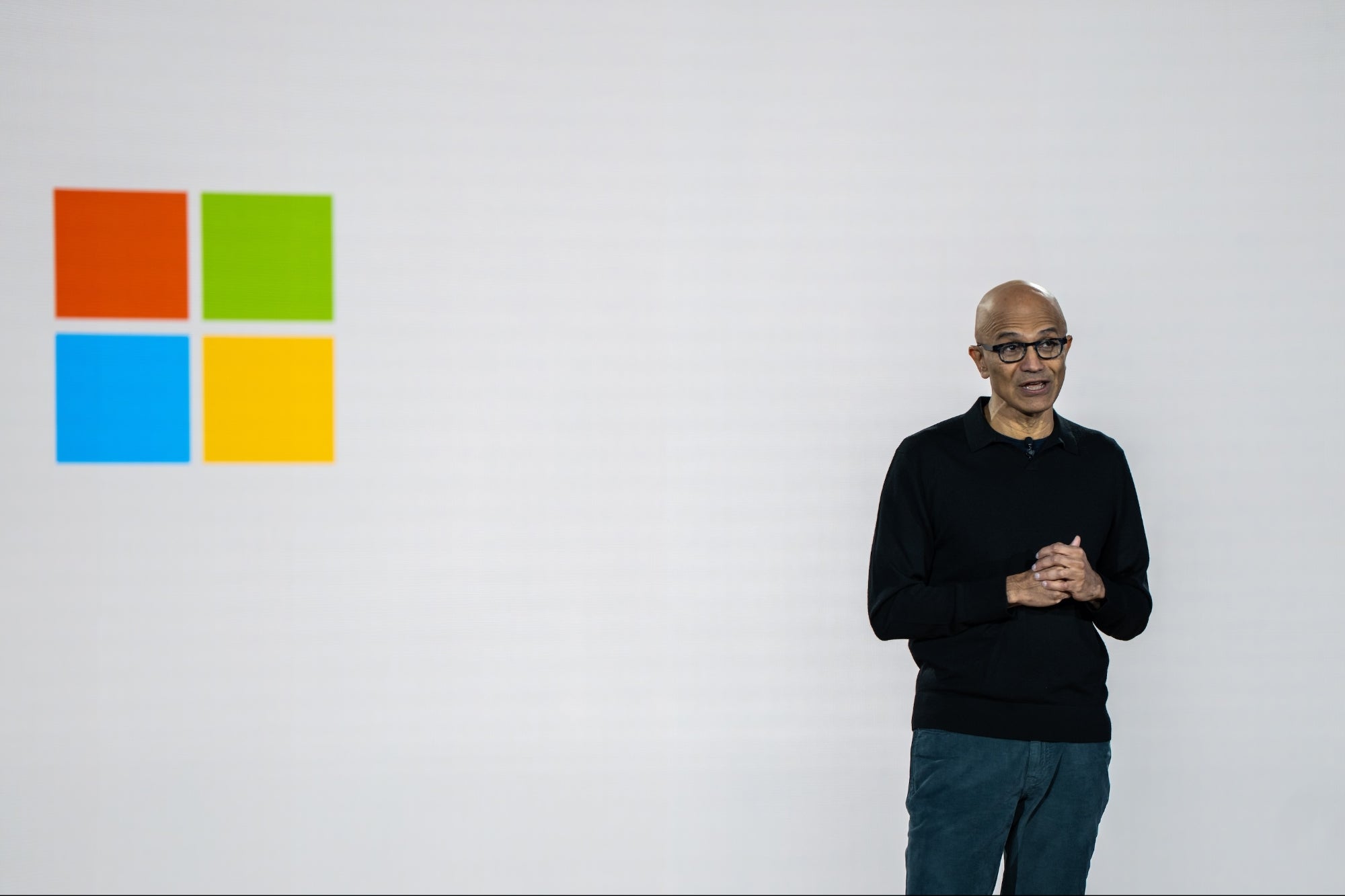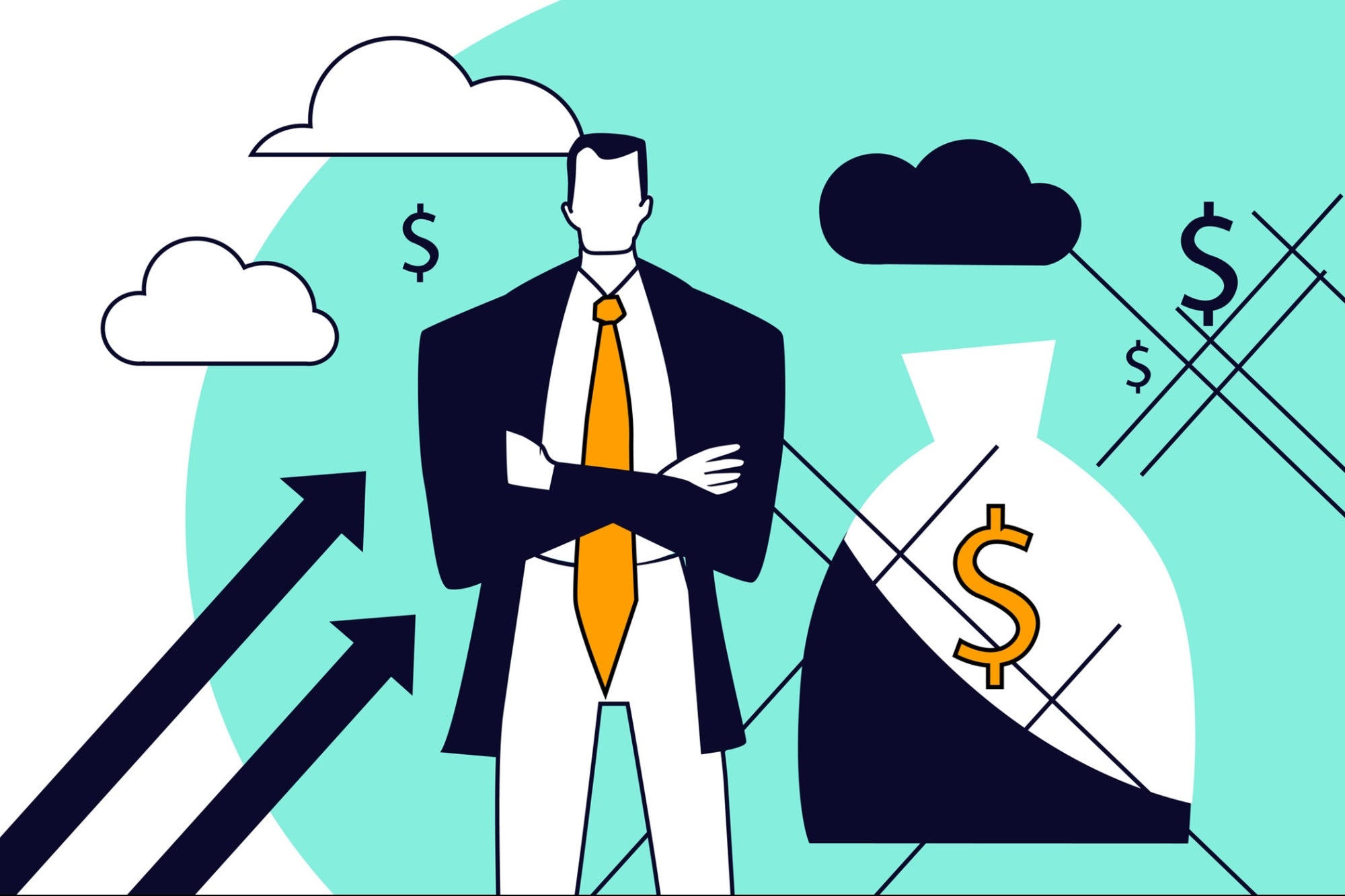Occupy Wall Street Is No Friend of Small Business (Opinion) Op-Ed: While many small-business owners share some populist anger at Wall Street banks, they should look closely at the protestors' positions before aligning themselves with the movement.
By Scott Shane Edited by Dan Bova
Opinions expressed by BIZ Experiences contributors are their own.
 Guest op-ed contributor Scott Shane is a professor of BIZ Experiencesial studies at Case Western Reserve University. He writes about BIZ Experiencesship and innovation management, among other things.
Guest op-ed contributor Scott Shane is a professor of BIZ Experiencesial studies at Case Western Reserve University. He writes about BIZ Experiencesship and innovation management, among other things.
David Meinert, owner of Big Mario's Pizza in Seattle, has been giving free pizza to Occupy Wall Street protesters. While many small-business owners, like Mr. Meinert, share the movement's anger at the Wall Street banks, they should be wary. Occupy Wall Street is no friend of Main Street.
To start with, small-business owners should consider who is supporting the movement. The big labor unions are firmly in the Occupy Wall Street camp, and small-business owners and the unions don't exactly sing from the same hymnal. The National Federation of Independent Business's continued efforts to protect small business from the power of the big unions are testimony to this fact.
The Occupy Wall Street movement has very different objectives from most small-business owners. Doug Schoen, a political pollster and Fox News analyst, recently surveyed 200 protesters and concluded that the majority of the movement's members want higher taxes to redistribute wealth and heavier regulation on the private sector. But most small-business owners have been calling for less regulation and lower taxes to get the economy going again.
Related: Wall Street Protest Hurts the 'Little Guys' Nearby
Moreover, most small-business owners believe in the capitalist system, while Occupy Wall Street expresses some anti-capitalist views. Take a look at some statements made in the movement's first official release. "Corporations … have continuously sought to strip employees of the right to negotiate for better pay and safer working conditions…. have consistently outsourced labor and used that outsourcing as leverage to cut workers' health care and pay…. [and] have spent millions of dollars … to get … out of contracts in regards to health insurance."
What about views of health care? According to CNBC, most of the movement is calling for universal health care. And to the extent that Occupy Wall Street opposes the health-care reform legislation passed in 2010, it's because the new law wasn't extreme enough. David Maris, a health-care equity research industry analyst, wrote on Forbes.com that he spoke to 50 of the protesters and found that 49 of them believe that health care should be free. By contrast, a January 2011 Discover Card survey shows that the majority of small-business owners want to repeal the new health-care law, and only a little over a third want to keep it.
If the protesters get their way and Wall Street is more heavily regulated, small-business owners will bear the cost. Like it or not, small businesses need the banking system because that's where they get the credit they need. As regulators have tightened their control over the banks in recent years, the lenders have become very conservative, cutting back dramatically on small-business lending. If Occupy Wall Street succeeds and the government exerts even more control over the banks, the end result will be even less small-business credit.
Related: Don't 'Occupy Wall Street,' Start a Small Business
While small-business owners, like most U.S. voters, are likely to avoid extreme groups on either side of the aisle, if forced to choose, their interests are better aligned with the Tea Party than with Occupy Wall Street. As I have argued elsewhere, the Tea Party movement has called for three changes most small-business owners favor: cutting taxes, repealing health-care reform laws, and cutting government regulation.
So Mr. Meinhart, how about some pizza for the Tea Partiers? No need to give it to them for free, though. They believe in capitalism, so if their actions are consistent with their views, they would pay for it.
Photo: Flickr user Carwil











